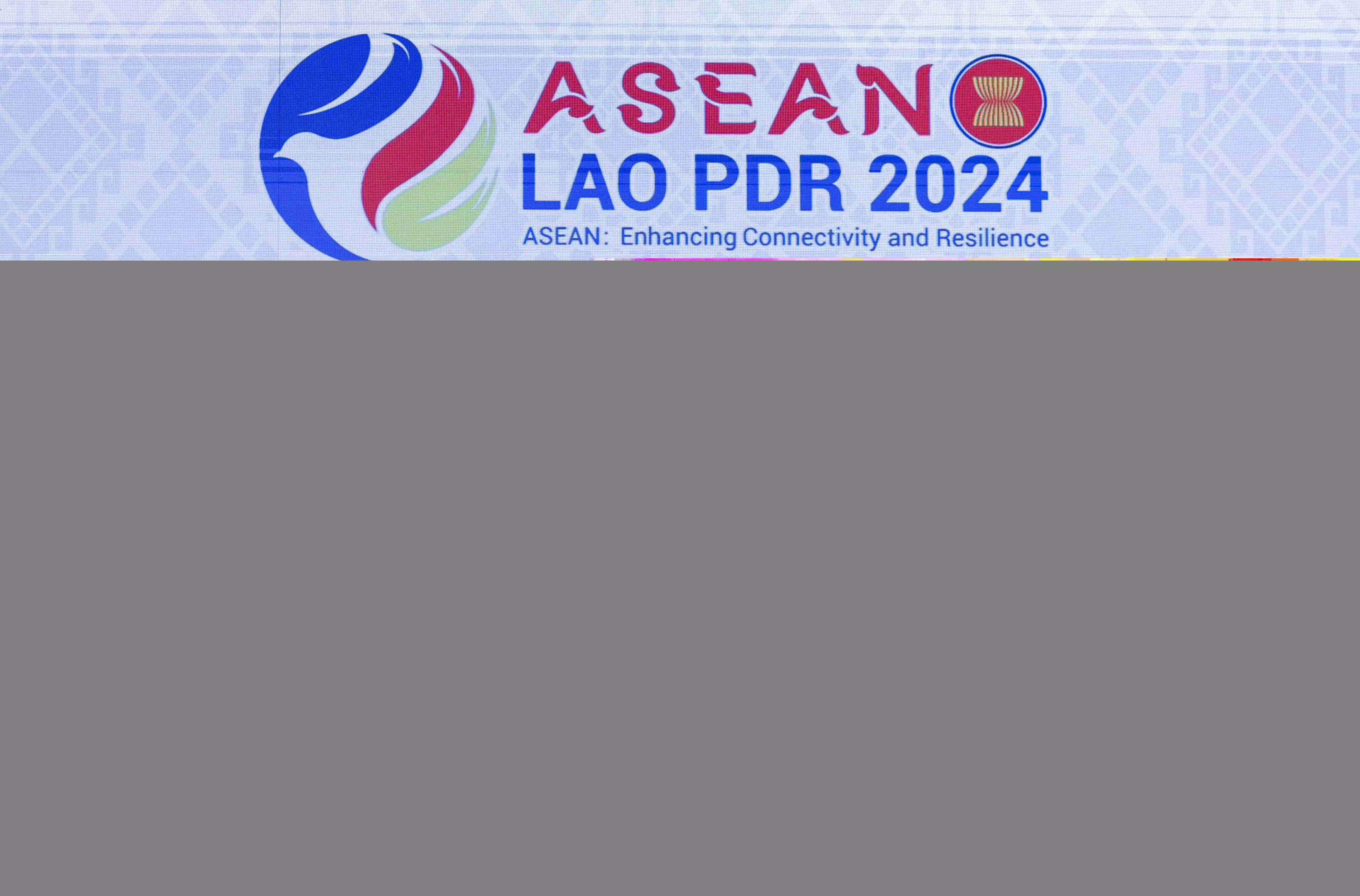Fruitful ties

India’s decision to share its digital public infrastructure (DPI) expertise with ASEAN nations is a significant step in its growing partnership with the region. At the 21st India-ASEAN summit, which was attended by Prime Minister Narendra Modi and leaders from the 10 ASEAN countries, both sides agreed to explore how India’s digital solutions—like Aadhaar and the Unified Payments Interface (UPI)—could help address challenges in areas like education, healthcare, agriculture, and climate change. This collaboration transcends simple knowledge transfer. It is, in fact, part of a broader strategy aimed at deepening India’s ties with ASEAN at a time when geopolitical dynamics in the region are fast evolving.
India's DPI, with its foundation in identity systems like Aadhaar, its UPI-based payments network, and data management tools such as DigiLocker, has indeed registered a remarkable success in transforming governance and service delivery across the country. For ASEAN nations facing similar development challenges, these technologies could offer much-needed solutions. The collaboration on cross-border payments, as outlined in the joint statement, holds great promise. Simplifying and securing financial transactions between India and ASEAN will reduce costs and facilitate economic integration across the region. In this, fintech ecosystems have a great chance to thrive, and populations that are still underserved by financial institutions may also find new opportunities for growth.
Healthcare is yet another critical area where India’s DPI could make an impact. Initiatives like the Ayushman Bharat Digital Mission and telemedicine platforms such as e-Sanjeevani could offer valuable models for ASEAN countries looking to expand access to healthcare. The importance of such infrastructure has become even more evident in the wake of global health crises. India can help ASEAN nations build stronger healthcare systems that are more efficient and accessible to all.
At the same time, both sides have committed to expand cybersecurity cooperation to protect their growing digital economies. As more services move online, the risks associated with cyberattacks and digital fraud are also rising. With strong frameworks in place, India and ASEAN can ensure that their digital infrastructures remain resilient. This will act as a guard against potential threats that could undermine the progress they’re working to achieve.
Furthermore, the two sides have pledged to collaborate on Artificial Intelligence (AI). The potential for AI to revolutionise industries like agriculture and healthcare is immense, but with that also comes the responsibility of managing it carefully. India and ASEAN have agreed to develop the necessary skills, policies, and risk management frameworks to harness AI responsibly, so that its benefits are maximised without sacrificing ethical considerations.
It may be noted that this growing collaboration is unfolding against the backdrop of complex regional issues, including the ongoing tensions in the South China Sea and the internal strife in Myanmar. Against this backdrop, the summit reaffirmed the importance of maritime security and peaceful dispute resolution, with both sides emphasising their commitment to multilateralism and international law. India's involvement in these discussions indicates that it has truly emerged as a key stabilising force in the region. Ultimately, it can safely be said that India’s approach to digital diplomacy is a reflection of its broader strategic vision. By sharing its DPI and collaborating on fintech, cybersecurity, AI, and digital health, India is living up to its commitment of building stronger regional ties. Indeed, there will be challenges in the path, but the approach with which the two sides are progressing is good augury.



